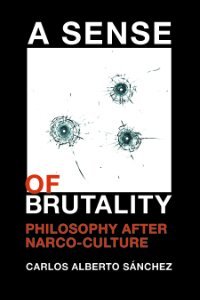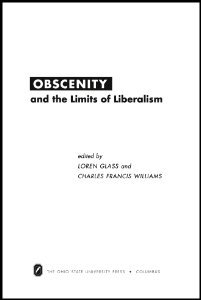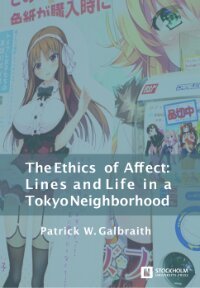By Kees Schuyt
The growing attention for scientific integrity is part of a wider culture of professionalization and accountability − which appears to signal that integrity is no longer self-evident as a core value of professional conduct. Examples abound. But what is scientific integrity? Why does it matter? What are the issues, and what is at stake? What do we know about the nature and scope of violations of scientific integrity? In this book, Kees Schuyt explores the concept of integrity, describes various cases of fraud and other types of dishonest behaviour in research practice, and offers a reflective and pragmatic framework for handling transgressions against the rules of academic research. Drawing on a wide variety of historical examples, Schuyt looks into matters ranging from the codification of scientific integrity to the difference between misconduct, questionable practices, and honest errors, and the uses and abuses of the notion of plagiarism. Last but not least, he considers how the norms and values of academic research can best be transmitted to students and new generations of researchers.
Leiden; Boston: Leiden University Press, 2019. 183p.












